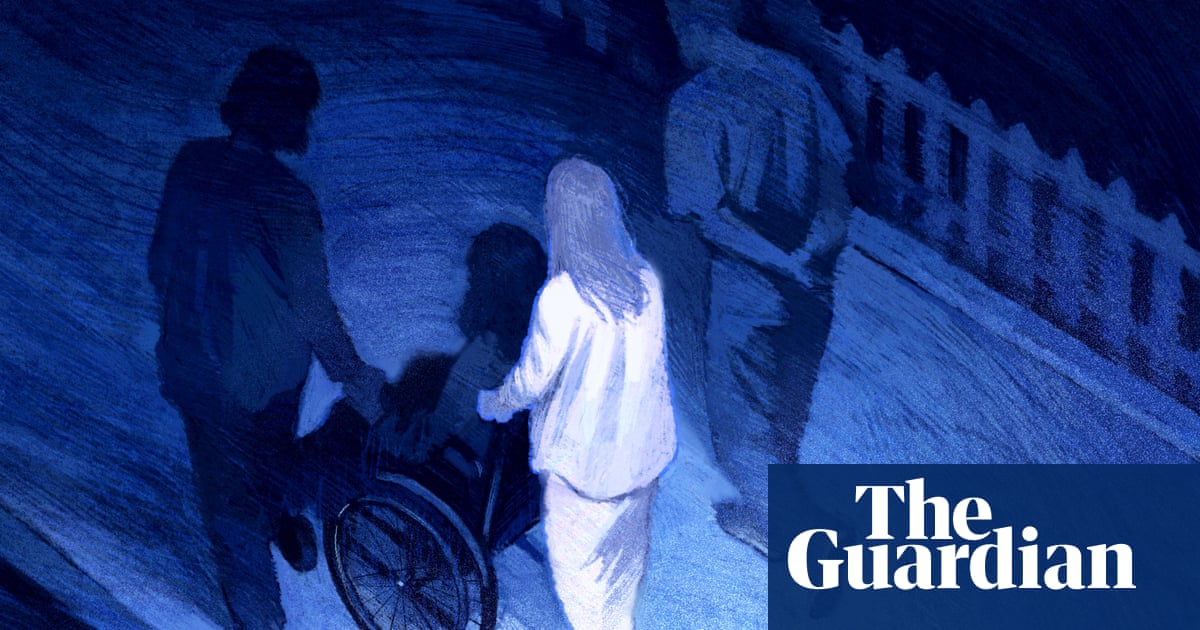
"When Katrina, 60 (who withheld her last name for privacy), moved in with her family in Mexico during Covid, it made sense for her to manage her aging parents' medical care; she's a nurse. Her sister, who has an MBA, took care of the administrative tasks. It was the first time the family had all lived together since Katrina was in high school."
"I got to see a side of my sister that I don't particularly like, Katrina says. It's probably the same for her. When their parents died soon after, it was next level stress on top of grief on top of exhaustion, Katrina recalls. Although she feels that she and her sister did an excellent job of caring for their parents, her relationship with her sister has never fully recovered. We never did a debrief, and there's a lot hanging out there, she says."
Katrina, 60, moved in with her family in Mexico during Covid to manage her aging parents' medical care while her sister handled administrative tasks. Living together for the first time since Katrina's high school years initially worked, but administrative boundaries blurred and the sister increasingly intervened in medical decisions, causing tension. The parents' subsequent deaths added stress, grief, and unresolved conflict that left the sibling relationship strained. Millions of adults provide unpaid eldercare: 37.1 million Americans (about 14%) in 2023 and 3.3 million UK adults aged 40–60. Coordinating care among siblings often complicates relationships and life plans.
Read at www.theguardian.com
Unable to calculate read time
Collection
[
|
...
]